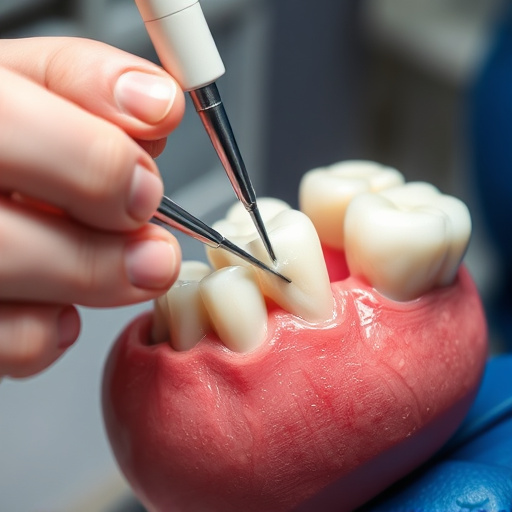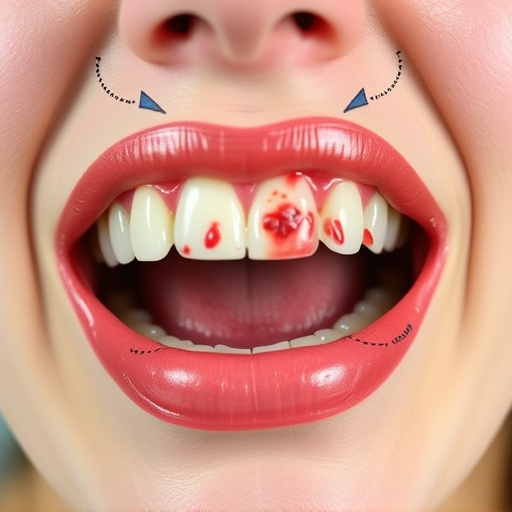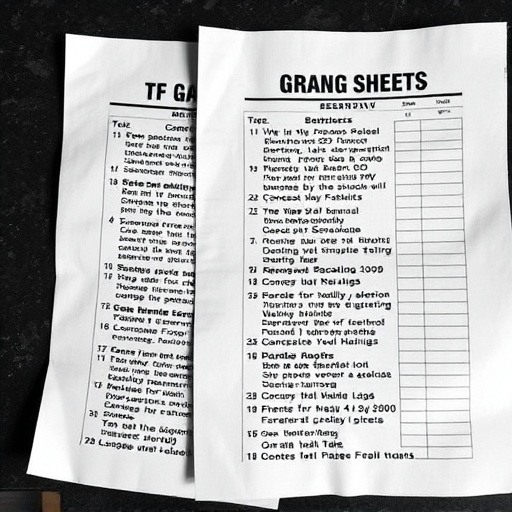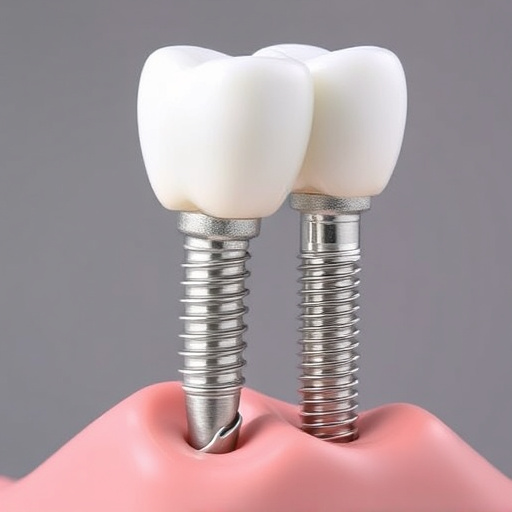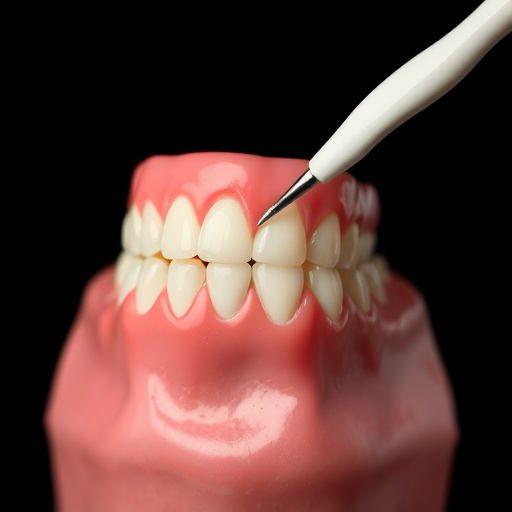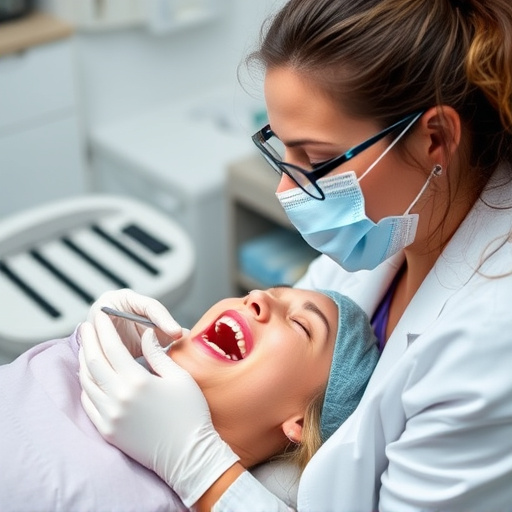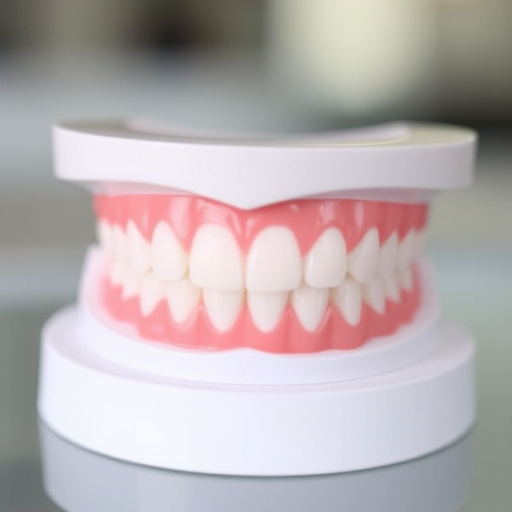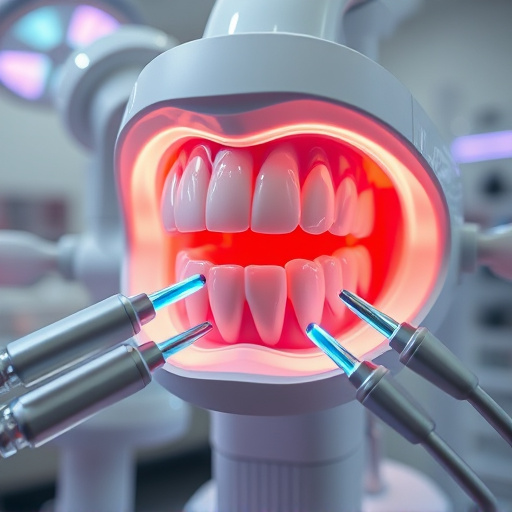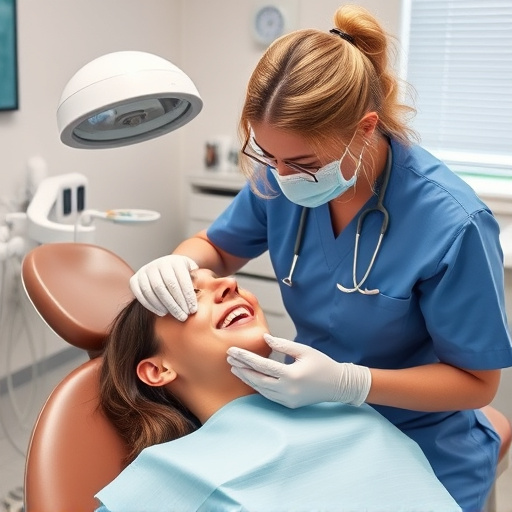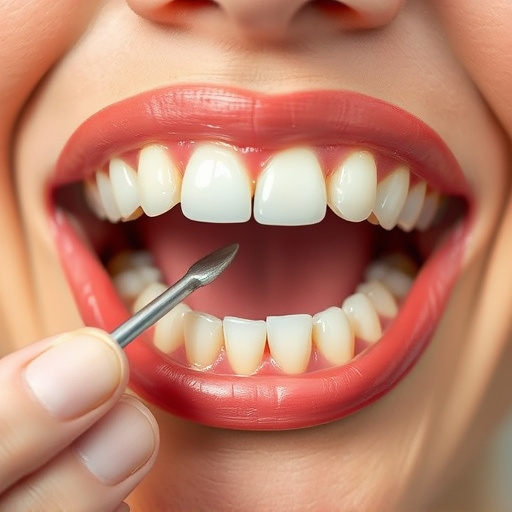Emergency dental care, offered in general dentistry practices, is crucial for preventing severe oral complications. Preventive dental care, including regular check-ups and procedures like wisdom tooth removal, minimizes infection and bone loss. Swift action in emergency scenarios reduces long-term damage, with interventions like fillings restoring teeth and promoting overall oral health. Children's dentistry emphasizes education on good hygiene habits to safeguard dental health through proactive preventive measures.
Emergency dental care is crucial for mitigating complications arising from oral injuries. This article delves into three key aspects: understanding the immediate dental care needs, exploring the role of preventive measures in minimizing dental injuries, and highlighting the long-term benefits of prompt attention. By focusing on these areas, we emphasize the importance of both reactive and proactive approaches to maintain optimal oral health and prevent future issues, underscoring the value of preventive dental care.
- Understanding Emergency Dental Care Needs
- Role of Preventive Measures in Dental Injuries
- Long-term Benefits of Prompt Attention
Understanding Emergency Dental Care Needs
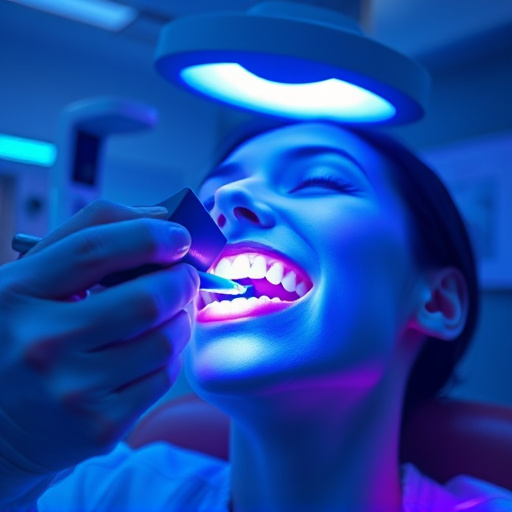
Understanding Emergency Dental Care Needs is paramount in preventing complications from injuries. When faced with dental emergencies, such as severe toothaches, knocked-out teeth, or oral lacerations, immediate action is crucial. Prompt attention can often save a tooth and prevent further damage. Many people mistakenly believe that general dentistry practices only offer routine check-ups and cleaning; however, they also provide emergency services to address acute oral issues.
Emergency dental care goes beyond basic preventive dental care. Procedures like wisdom tooth removal, for instance, are commonly performed to avert potential problems associated with impacted teeth. Moreover, restorative dentistry techniques, including fillings, crowns, and implants, are employed to repair damaged teeth and restore oral health after an injury. Timely intervention can significantly reduce the risk of infections, bone loss, and other complications that may arise from untreated dental emergencies.
Role of Preventive Measures in Dental Injuries
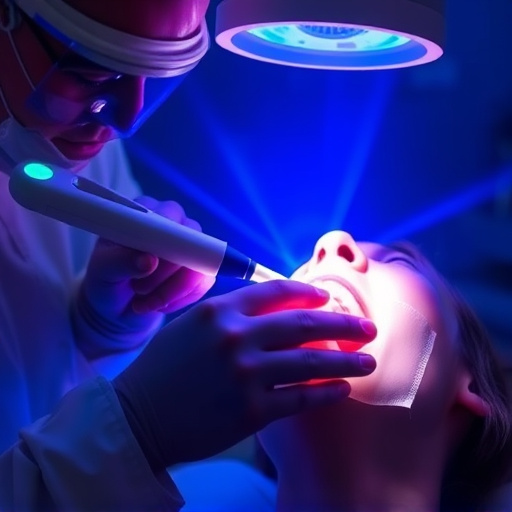
Preventive dental care plays a pivotal role in mitigating potential complications from dental injuries, especially among children who are more prone to accidental falls and trauma. Regular check-ups, cleanings, and x-rays allow dentists to identify issues early on, preventing them from escalating. Simple measures such as dental bonding can help reinforce weak or damaged teeth, providing both aesthetic improvement and structural support.
In the context of emergency dental care, proactive strategies are equally vital. Parents and caregivers must be educated about the importance of swift action when a dental injury occurs. Prompt treatment, whether it’s a tooth that has been knocked loose or a chip in the enamel, can significantly reduce the risk of long-term damage, infection, and even tooth loss. Children’s dentistry practices often emphasize preventive measures, ensuring young patients understand the value of good oral hygiene habits and regular visits to safeguard their dental health.
Long-term Benefits of Prompt Attention
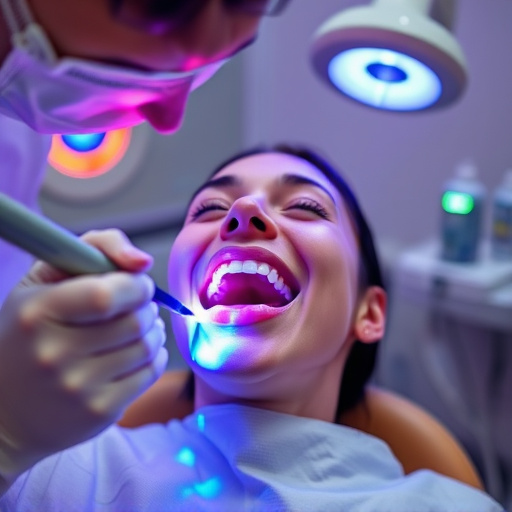
Prompt attention to dental injuries can prevent long-term complications that may arise from delayed treatment. When a tooth is damaged due to an accident or trauma, immediate emergency dental care can significantly impact its viability and the patient’s overall oral health. A dentist can assess the extent of the damage and provide necessary interventions like dental fillings or tooth repair, which not only restore the affected tooth but also play a crucial role in preventive dentistry.
Regular preventive dental care includes routine check-ups and cleanings, which help identify potential issues early on. By addressing dental problems promptly, such as cavities or gum disease, emergency dental services contribute to maintaining optimal oral health. This proactive approach reduces the risk of more severe complications, including tooth loss, infection, and chronic pain, ensuring patients enjoy long-term benefits that extend far beyond immediate tooth repair.
Emergency dental care plays a pivotal role in mitigating complications from injuries, emphasizing the importance of both immediate attention and long-term preventive measures. By understanding specific dental care needs and taking proactive steps, individuals can significantly reduce potential issues, ensuring optimal oral health. Implementing these strategies not only treats current injuries but also fosters a robust framework for ongoing preventive dental care.
